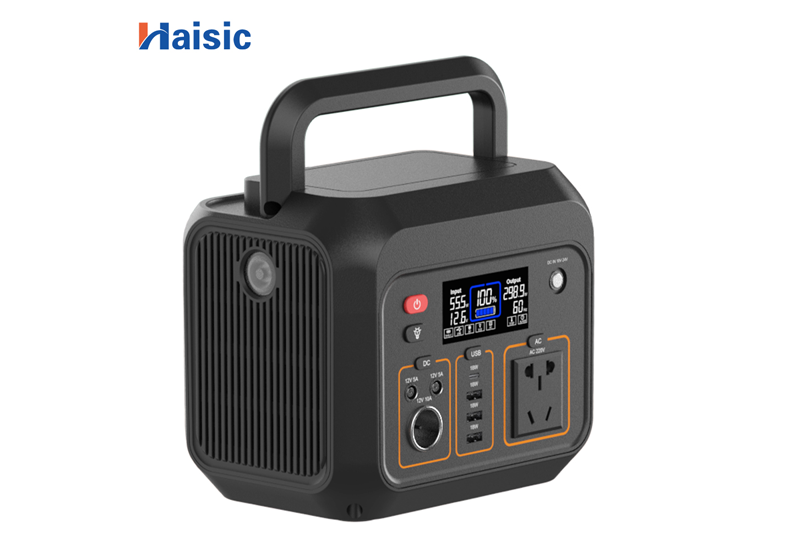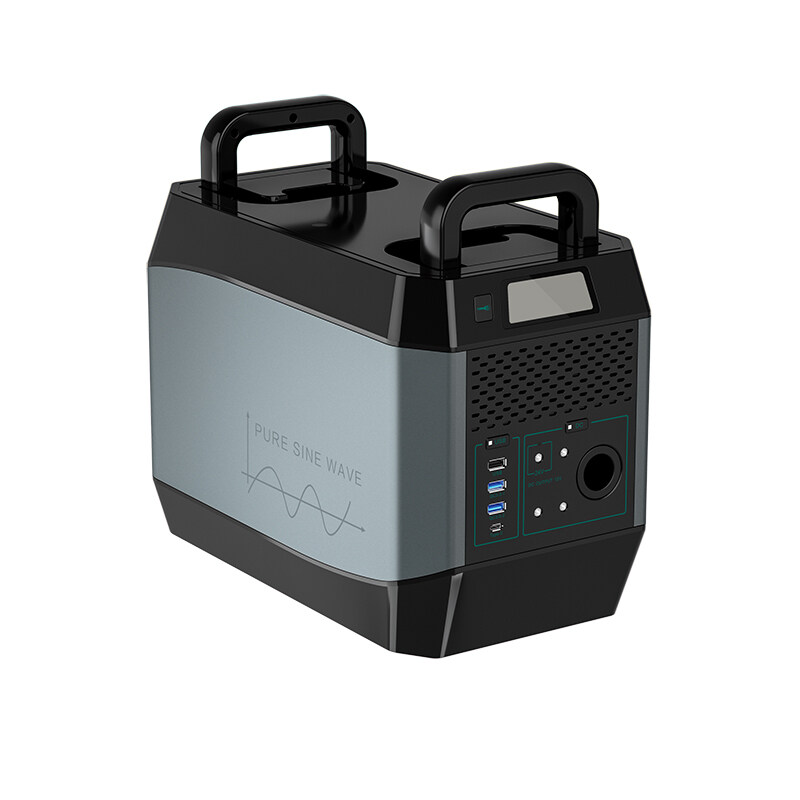Email format error
Email cannot be empty
Email already exists
6-20 characters(letters plus numbers only)
The password is inconsistent
Email format error
Email cannot be empty
Email does not exist
6-20 characters(letters plus numbers only)
The password is inconsistent


An emergency power station is a backup power system that ensures the flow of electricity is maintained during power outages. This system is paramount for maintaining operations, safety, and security in both commercial and residential settings.
The Multifaceted Benefits of Emergency Power Stations
Uninterrupted Power Supply
Emergency power stations ensure that power is not lost during outages. This is crucial for maintaining operations that cannot afford any downtime.
Reliability and Redundancy
They offer a reliable power source that acts as a safety net. This redundancy is vital for businesses and services that require continuous power.
Safety and Security
These stations are essential for powering emergency lighting and security systems. They help protect people and property during power outages.
Compliance with Regulations
Many industries are required to have backup power systems to meet regulatory standards. This ensures they can operate during emergencies.
Cost-Effectiveness
The initial investment in an emergency power station can be offset by the savings from avoiding operational disruptions and potential regulatory fines.
Diverse Applications of Emergency Power Stations
Hospitals and Healthcare Facilities
Emergency power stations in hospitals ensure that critical medical equipment continues to function. This is essential for patient care and safety during power outages.
Data Centers
For data centers, these stations protect against data loss and ensure the continuous operation of servers. This is crucial for businesses that rely on uninterrupted data access.
Commercial and Industrial Facilities
In commercial and industrial settings, emergency power stations support manufacturing processes and other operations. They prevent financial losses that result from production halts.
Telecommunications
Telecommunication networks depend on these stations to maintain network connectivity. This is vital for emergency services and public communication during disasters.
Residential Use
For homeowners, an emergency power station provides peace of mind. It ensures that basic needs like lighting and heating are met during power outages.
The integration of emergency power stations with smart grids allows for intelligent energy management. During power outages, smart grids can direct power to critical areas, enhancing the overall resilience of the energy system.
Portable emergency power stations can be quickly deployed to provide power in remote locations or where a fixed power source is not available. This flexibility is invaluable in disaster relief efforts and outdoor events.
Technological advancements in energy storage, such as high-capacity lithium-ion batteries, offer longer discharge cycles and quicker recharge times, making them ideal for emergency power needs.
Different regions have specific regulations regarding the installation, capacity, and maintenance of emergency power stations. Compliance with these regulations is crucial to ensure safety and avoid penalties.
The economic benefits of emergency power stations include cost savings from reduced downtime and potential insurance premium reductions. Environmentally, they promote energy independence and can contribute to a reduction in greenhouse gas emissions when powered by renewable sources.
The future of emergency power stations may include more widespread use of renewable energy sources, integration with energy management systems, and the development of more efficient and compact power solutions.
Proper maintenance of emergency power stations is crucial for their effectiveness. This includes regular inspections, fuel management, and testing to ensure the system is ready to operate when needed.
Emergency power stations are more than just backup systems; they are essential components of a resilient energy infrastructure. As our reliance on electricity grows, so does the importance of having reliable backup power solutions. With advancements in technology and an increasing focus on sustainability, the future of emergency power stations is poised for growth and innovation, ensuring that we remain powered and connected in an unpredictable world.
Understanding the various types, benefits, applications, and additional topics related to emergency power stations can help individuals, businesses, and communities prepare for and withstand power outages, safeguarding operations and ensuring safety. As we advance in technology, the role of emergency power stations in our energy ecosystem will only become more integral and sophisticated.